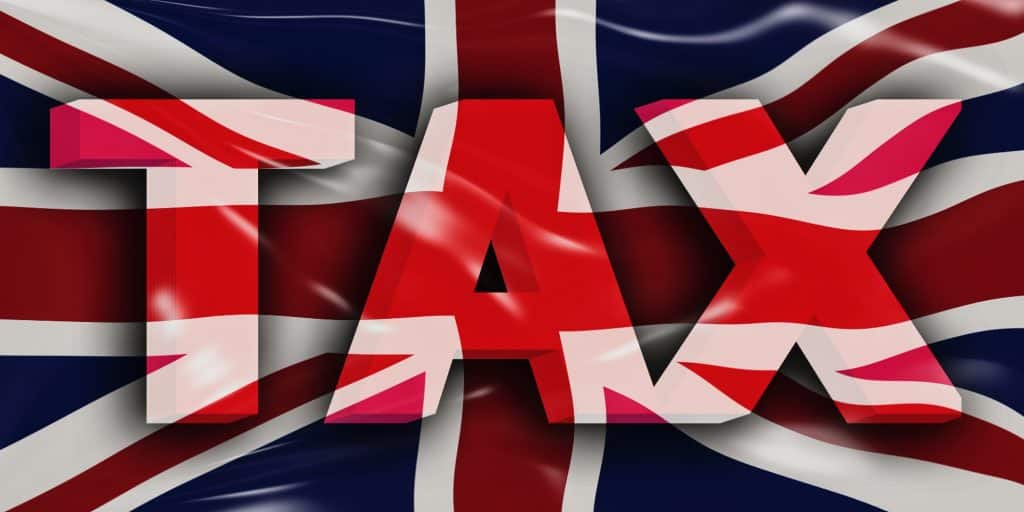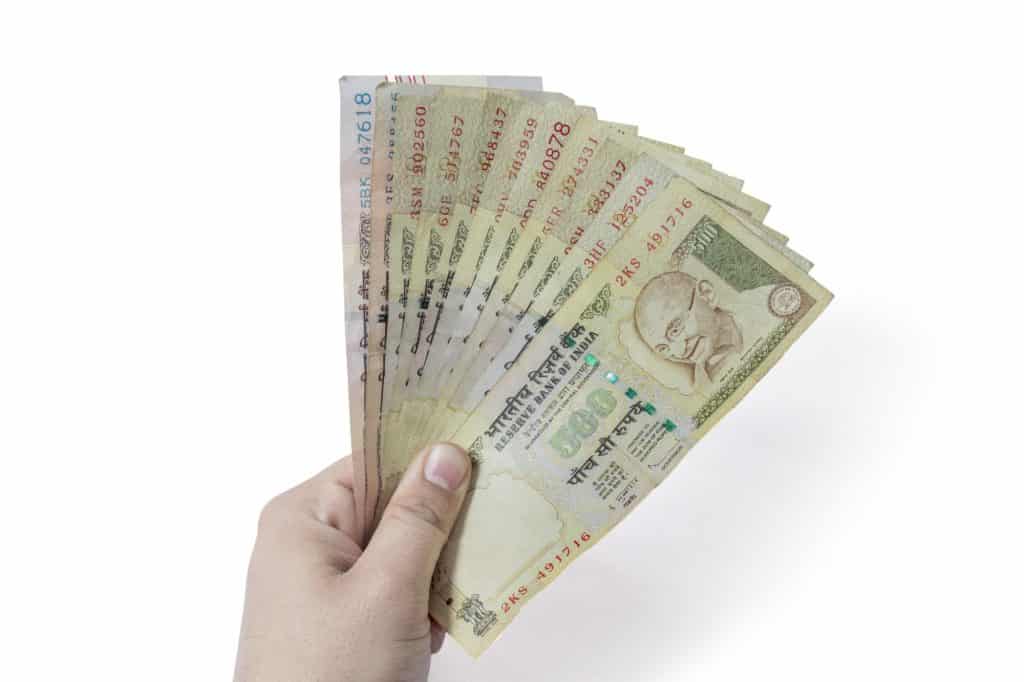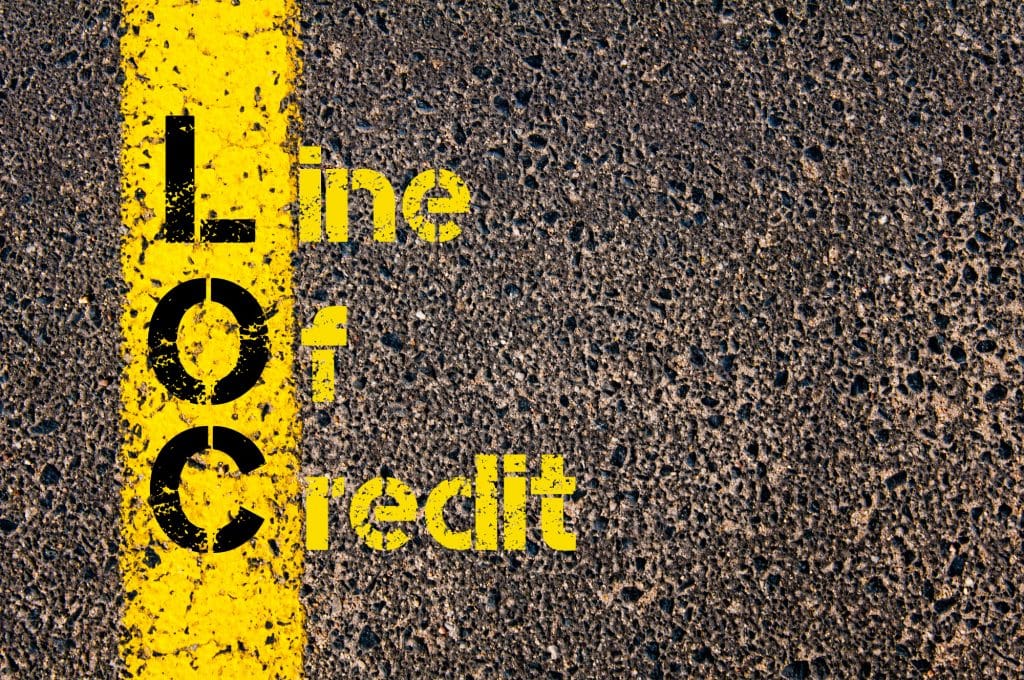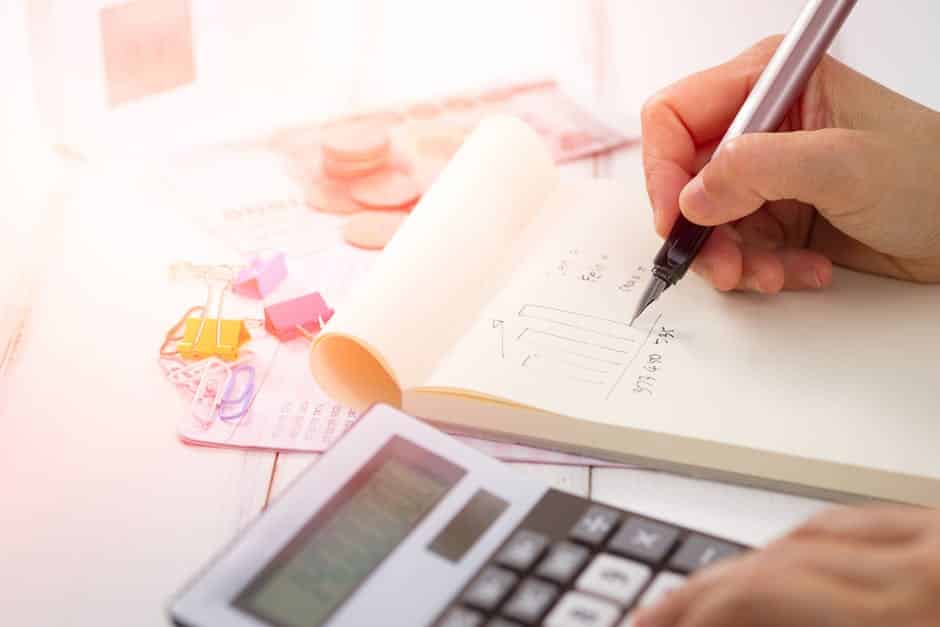The United Kingdom has a long list of tax codes, so it might seem confusing. However, British taxes are relatively simple for many people.
Unless you have a slew of properties and investments, you don’t have to know a lot to pay your taxes. All you need to know is how you earn money and how much, and you can determine what taxes you need to pay.
Basics of British Taxes
If you live in the United Kingdom, you should have a basic understanding of British taxes. Whether you grew up in the UK or an ex-pat living abroad, you need to know what taxes to pay and how to pay them.
In the UK, there is a long list of tax codes, so it can be complicated. However, you don’t need to understand everything, only what applies to you and your situation.
You don’t need to be a UK citizen to pay taxes, but you will need a national insurance number. You’ll typically get a number when you work in the UK, and this gives you access to certain benefits.
Residency and British Taxes
Whether you’re a citizen or not, you may still have to pay British taxes. If you live in the country during a tax year, you’ll have to pay taxes on the income you earn there.
Only UK citizens have to pay British taxes on income from other countries. Citizens of other countries may be eligible for a tax allowance, which prevents you from paying taxes on income to two different countries.
There are a few factors you can use to determine your residency status.
- If you stay in the UK for 183 days out of the year, you will count as a UK resident.
- You can also count as a resident if you buy a home and live in it for at least 91 days, as long as 30 of those days are within the tax year.
- Another way to be considered a resident is to work in the UK for 356 days with no long breaks from work.
Determining your residency can help you figure out what taxes you need to pay and whether you qualify for certain allowances. However, you have to consider the UK tax year when calculating dates of work or residency.
The UK Tax Year
In the UK, the tax year starts on 6 April. The UK tax year ends on 5 April of the following year.
While it can be easy to consider the calendar year, it can be a problem. If you fit the qualifications for residency, you need to make sure you base that off the tax year.
The same is true if you don’t want to qualify as a UK resident. In that case, you would need to make sure you’re out of the country for the proper length of time.
What Taxes Do You Have to Pay?
When learning about British taxes, you should understand the basic types of taxes. Like other countries, you will probably have to pay income taxes.
However, depending on your situation, you may have a few other types of taxes to consider.
Income Taxes
Income taxes are the easiest type of tax to think about. The amount of income you earn determines how much you owe in taxes.
Your income taxes include money you make from a traditional job. However, it can also include income from other sources:
- Self-employment income
- Certain state benefits
- Benefits from a job
- Pensions
- Interest on savings accounts
- Rental income
- Income from a trust
You will typically get some sort of tax allowance, which means you won’t have to pay taxes on some of your income. The Personal Allowance covers income you earn up to £12,500.
If you have freelance income or income from a rental property, you won’t have to pay taxes on the first £1,000 you earn. The tax rates for income tax vary from 0 to 45 percent.
Property Taxes
If you own any property in the UK, you will need to pay taxes on that property. When you buy a home worth more than £125,000, you’ll need to pay a Stamp Duty Land Tax (SDLT).
However, you won’t have to pay SDLT on your first home unless it’s worth more than £300,000.
SDLT has different tiers, and that can determine the amount you’ll pay in property taxes. If you have to pay taxes, you will need to figure out the value of your home.
- For houses up to £125,000, you won’t ever pay any taxes.
- Between £125,000 and £250,000, you’ll pay 2 percent.
- The tax rate from £250,000 to £925,000 is 5 percent.
- If your home is up to £1.5 million, you will pay 10 percent on the value over £925,000.
- Finally, any value over £1.5 million will have a tax of 12 percent.
While you may not need to pay proper taxes at first, you may need to in the future.
Capital Gains Taxes
Another type of tax you should know about in the UK is the capital gains tax. You’ll only need to pay this type of tax when you dispose of an asset, especially when you make a profit.
You can expect to pay this tax if you sell property, give it as a gift, or exchange it. The tax applies to possessions worth more than £6,000, except for your car.
It also includes property that isn’t your main home, business assets, and some investment shares.
Inheritance Taxes
Inheritance taxes are not too common, but you should know about them if you have family in the UK. When you inherit an estate, you may need to pay a UK inheritance tax.
If the value of the estate is less than £325,000, you won’t have to pay anything. You can also avoid the tax if you leave the value over that threshold to your spouse, children, or a qualifying organization.
VAT
A more common type of tax to pay in the UK is VAT, or Value Added Tax. The tax rate varies based on the type of goods or services you purchase.
It can be as low as 0 percent or as high as 20 percent. Twenty percent is the standard rate, while food and children’s clothes can qualify for no VAT.
Other goods and services might have a reduced rate of five percent. Don’t forget to budget for VAT when making purchases.
Tax Facts
Whether you’ve lived in the UK your whole life or just moved there, you should understand how British taxes work. Not only should you consider the tax rates, but you should also consider the types of taxes.
If you know you have certain investments or properties, you’ll know you need to pay taxes on them. However, if you don’t have any of that, you will primarily have to worry about income taxes.
Do you want to learn more about finances in the UK, check out our recent blog posts!









